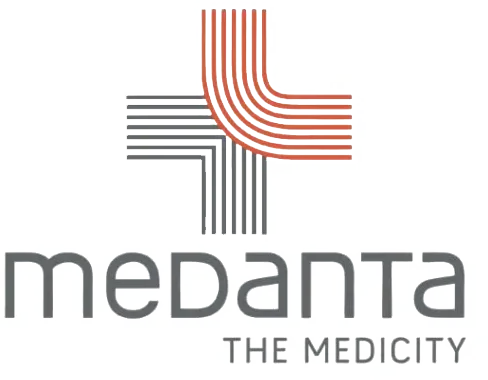Dr. Belal Bin Asaf
Thoracic (Chest) Surgeon
Director, Institute of Chest Surgery,
Chest Onco-Surgery & Lung Transplantation, Medanta Hospital

Dr. Belal Bin Asaf
Thoracic (Chest) Surgeon
Director, Institute of Chest Surgery,
Chest Onco-Surgery & Lung Transplantation, Medanta Hospital

Esophageal cancer, though relatively uncommon, is one of the most aggressive cancers, often detected at advanced stages. However, early detection significantly improves survival rates and treatment outcomes. As a thoracic surgeon specializing in minimally invasive and robotic surgeries, I aim to shed light on the treatment of early-stage esophageal cancer, how modern surgical techniques enhance recovery, and the treatment options available across all stages of the disease.
Esophageal cancer arises from the inner lining of the esophagus, the muscular tube connecting the throat to the stomach. Early-stage esophageal cancer is limited to the inner layers of the esophagus (T1 and T2 stages) and may or may not involve nearby lymph nodes.
Early-stage esophageal cancer may be asymptomatic...
Screening for esophageal cancer is crucial, especially in high-risk individuals, including:
Diagnosis typically involves endoscopy, biopsy, and advanced imaging techniques like endoscopic ultrasound (EUS) and PET-CT scans.
For early-stage esophageal cancer, curative treatment focuses on completely removing the cancer while preserving or restoring normal esophageal function. Treatment options include:
For very early-stage cancers confined to the mucosa (T1a), endoscopic treatments may be sufficient:
When the cancer invades deeper layers of the esophagus (T1b or T2 stages) or involves nearby lymph nodes, surgical removal of the esophagus, or esophagectomy, is often the best option.
MIE involves the removal of the cancerous portion of the esophagus through small incisions using specialized instruments and a camera for guidance. It can be performed through:
Robotic surgery employs a robotic system controlled by the surgeon. It provides:
Using robotic systems, surgeons can perform complex esophageal surgeries with minimal disruption to surrounding tissues.
Small incisions, camera-guided surgery...
Uses robotic arms with 3D vision and precision...
Treating esophageal cancer requires a collaborative approach involving:
Minimally invasive and robotic techniques are redefining esophageal cancer care, offering precise cancer removal with minimal impact on surrounding tissues. These approaches not only improve survival rates but also enhance the patient’s quality of life during recovery.
Esophageal cancer is a complex condition, but advancements in early detection and treatments such as minimally invasive and robotic surgery offer promising outcomes. For those diagnosed with esophageal cancer, consulting the Best Thoracic Surgeon in India is an essential step toward specialized care and a path to recovery.
Let us help you navigate your journey toward health with state-of-the-art treatments and compassionate care. Contact us today to learn more about your options.
We are here for you! How can we help?

Director
Institute Of Chest Surgery, Chest
Onco-Surgery & Lung Transplantation